ARA NET-ZERO MASTERCLASS SERIES
ARA NET-ZERO MASTERCLASS SERIES
Module 1: Foundations
The transition to net zero is going to impact every industry and country. Before we get into the details of ‘how’, we’ll review the ‘why’ – the current science and global political commitments and what that means at a strategic level within your business.
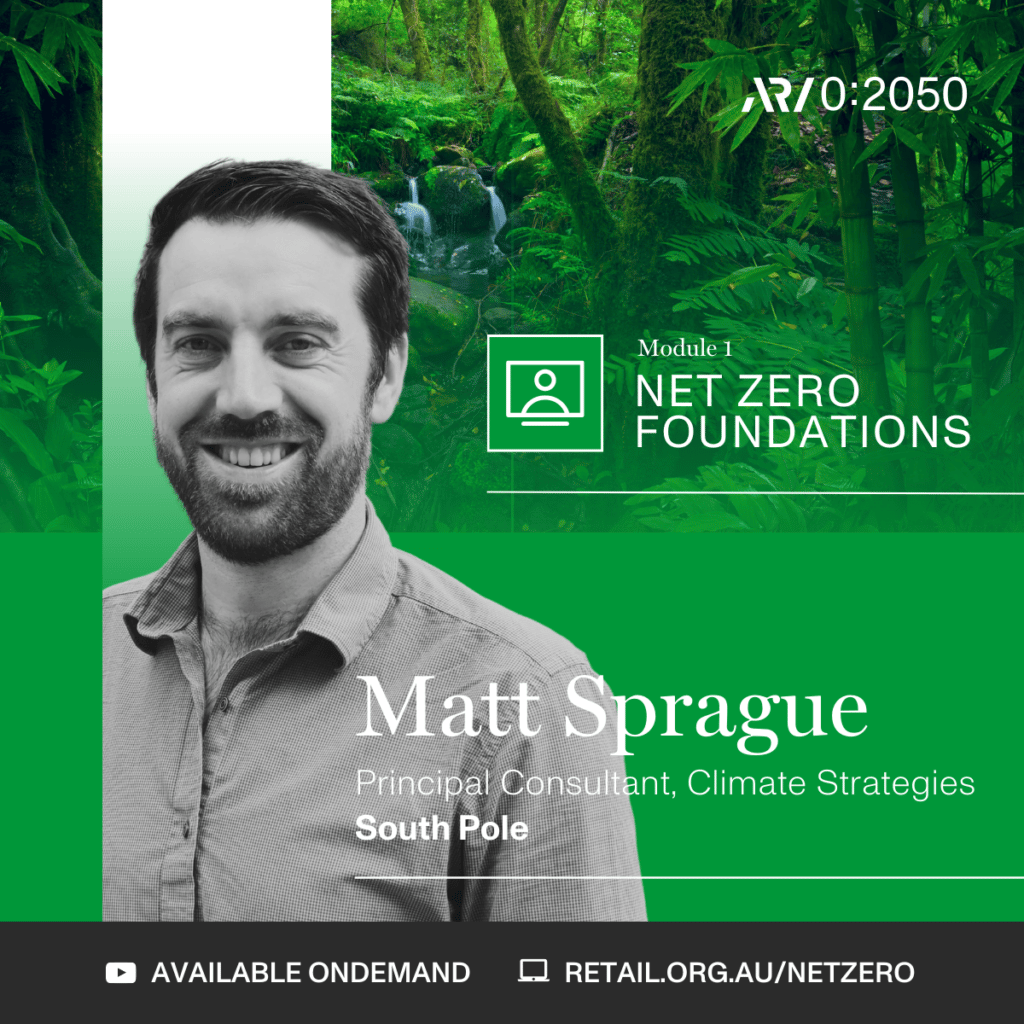
Industry Expert
Matt Sprague
Principal Consultant, Climate Strategies
South Pole
Matt is a passionate energy and decarbonisation professional, providing consulting services for Australian and APAC clients. He is highly focused on delivering GHG accounting, target setting and decarbonisation strategies to enable clients to work towards their net zero ambitions. As a trusted advisor, Matt works with large emitters to understand their current carbon emissions and develop reduction targets in-line with international best practice. He is innovative and has excelled in many positions of leadership. Matt holds a Masters of Chemical Engineering from the University of Bath U.K and a Graduate Diploma in Energy and Carbon Studies from Murdoch University, Australia.

South Pole is a leading provider of global climate solutions, with over 1200 experts in 37 global offices. In Australia, South Pole has offices in Sydney and Melbourne, helping companies, capital markets and the public sector reduce their impact on the climate while mitigating corporate risk and creating value. South Pole is a science-based company and its expertise covers project finance, data collection, and climate risk analysis, as well as the development of environmental commodities such as carbon and renewable energy credits. South Pole has mobilised climate finance to over 1000 projects that reduce greenhouse gas emissions in areas such as renewable energy, energy efficiency and sustainable land use.

Member Expert
Josh Sparks
Head of Innovation, Marketing & Growth
MJ Bale
Josh has a track record of transformational brand leadership and value creation, in Australia, the USA and Japan. He currently serves as Head of Innovation and Growth at M.J.Bale, and his career includes tenured roles as CEO of sass & bide, Thom Browne New York, and THR1VE, and Executive Director of Anthropologie eCommerce. Additionally, Josh has enjoyed extended advisory and consultancy roles with Premier Investments and PVH / Gazal Corporation.
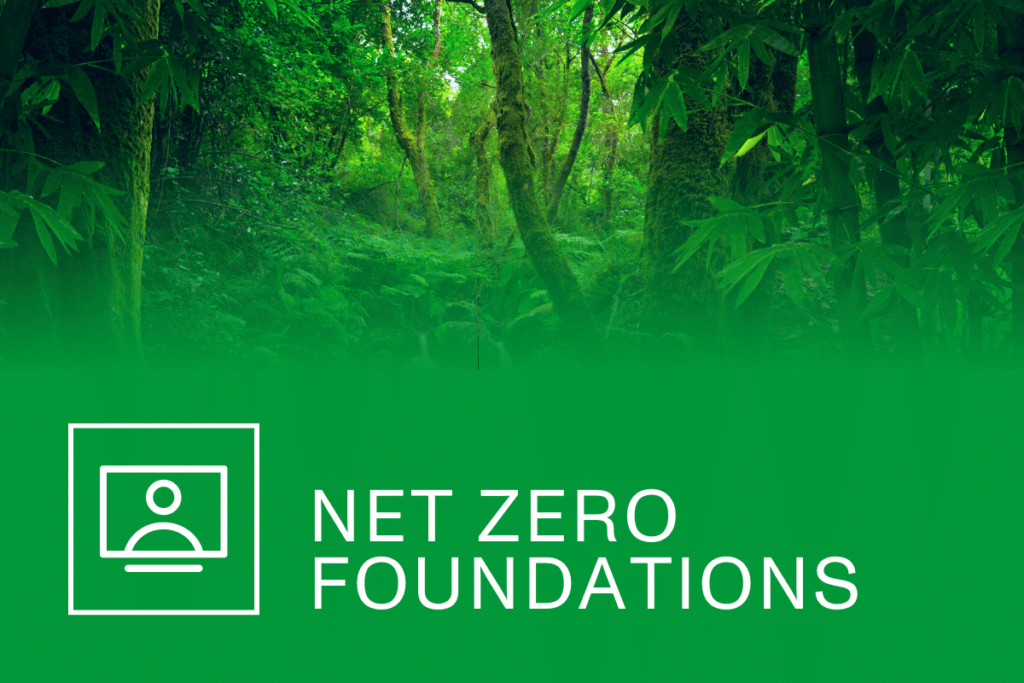
Module 1
Net Zero Foundations
The transition to net zero is going to impact every industry and country. Before we get into the details of ‘how’, we’ll review the ‘why’ – the current science and global political commitments and what that means at a strategic level within your business.
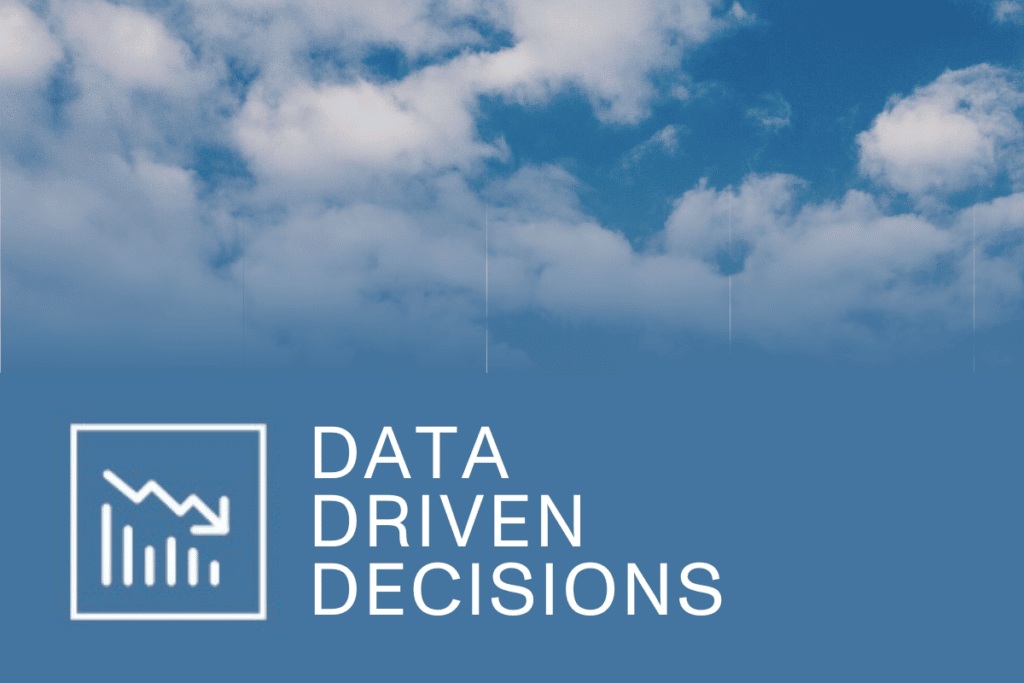
Module 2
Data Driven Decisions
Understanding your emissions is the first step to reducing your footprint. Once a baseline is established, focusing on the biggest contributors, the level of ambition to reduce emissions will inform the short and long term targets for emissions reduction.
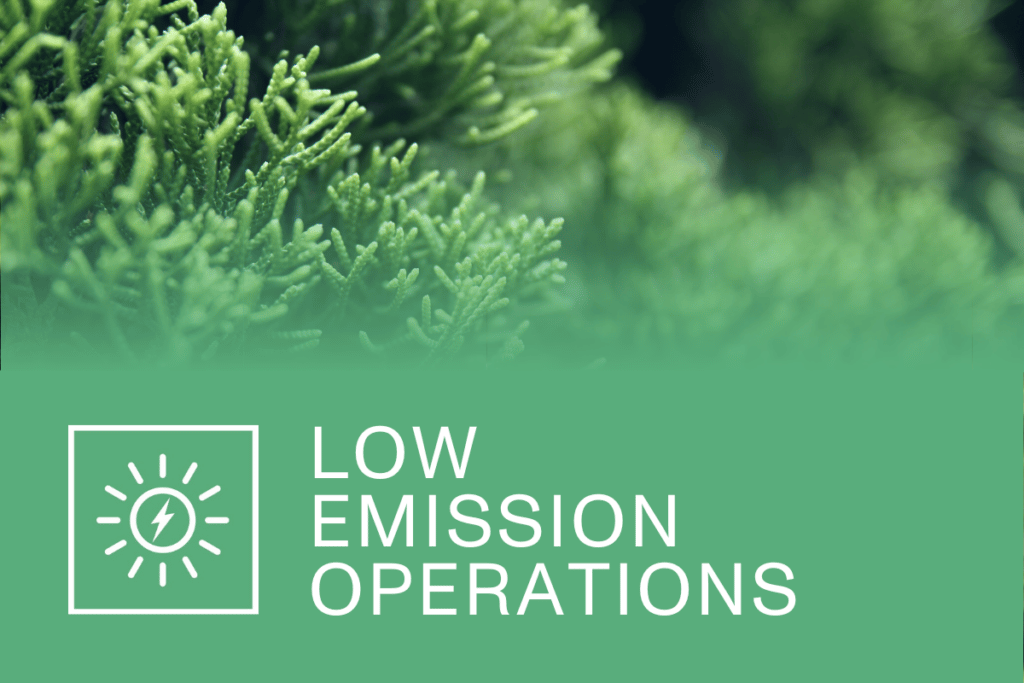
Module 3
Low Emissions Operations
A key emissions reduction focus for retailers is energy use in their operational premises, including using it more efficiently, switching to low carbon energy sources and buying offsets.
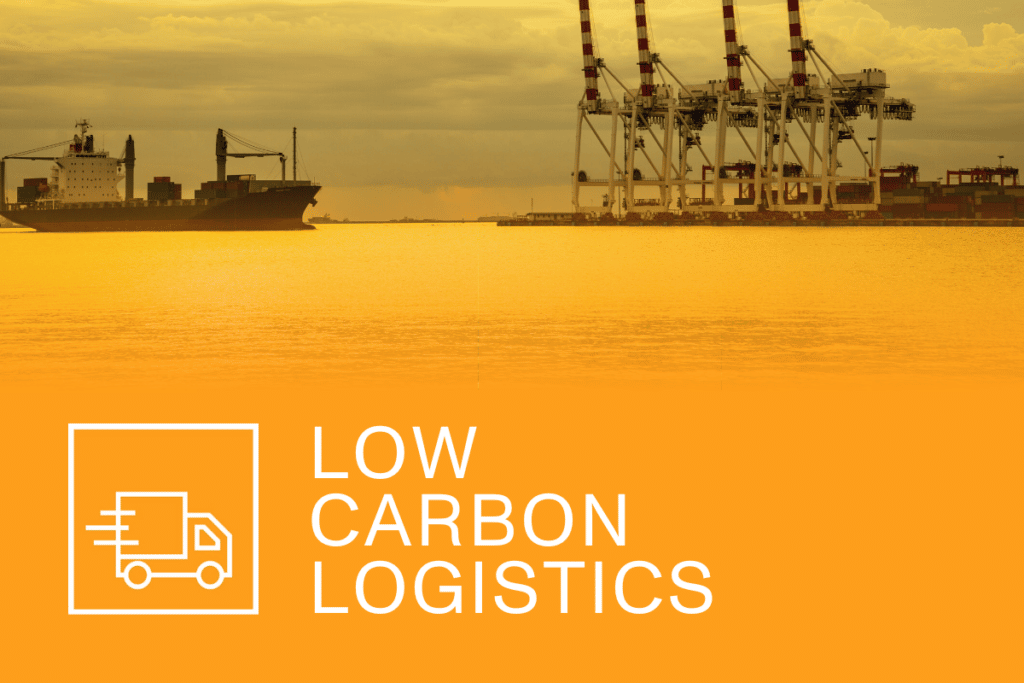
Module 4
Low Carbon Logistics
Transport and freight are another major contributor to most retailers’ footprint. There are a number of strategies to improve vehicle efficiency and switch to low-carbon technologies, both within owned fleet and third party providers.
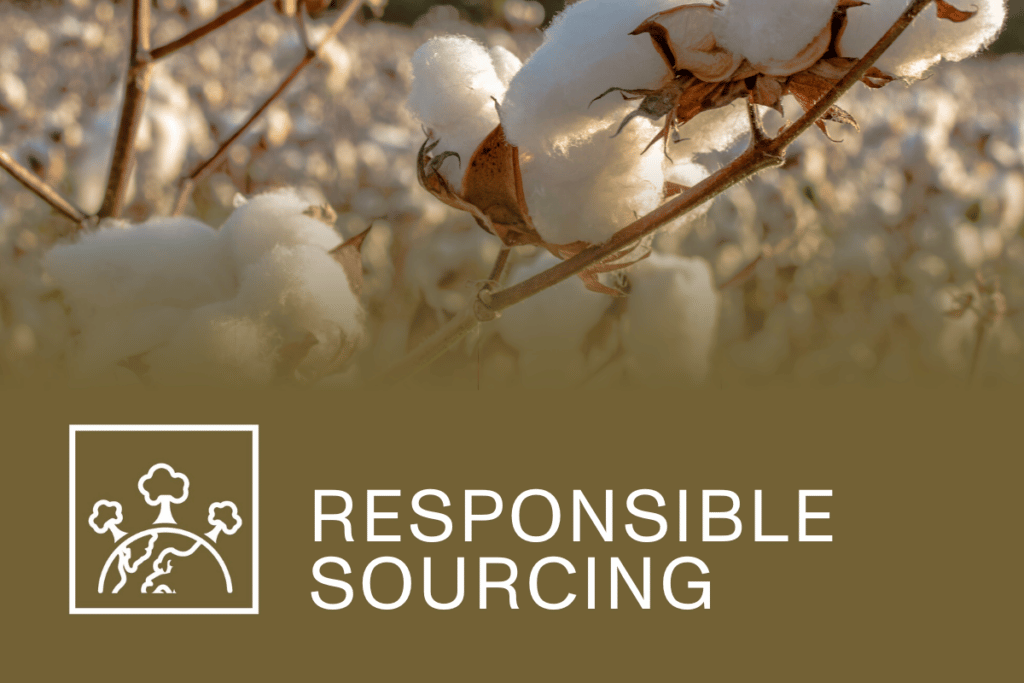
Module 5
Responsible Sourcing
While they are often out of direct control, supply chain emissions are generally the largest contributor of emissions for the retail industry and critical to collectively reaching net zero. Address supply chain emissions through product design, sourcing considerations and supplier engagement.
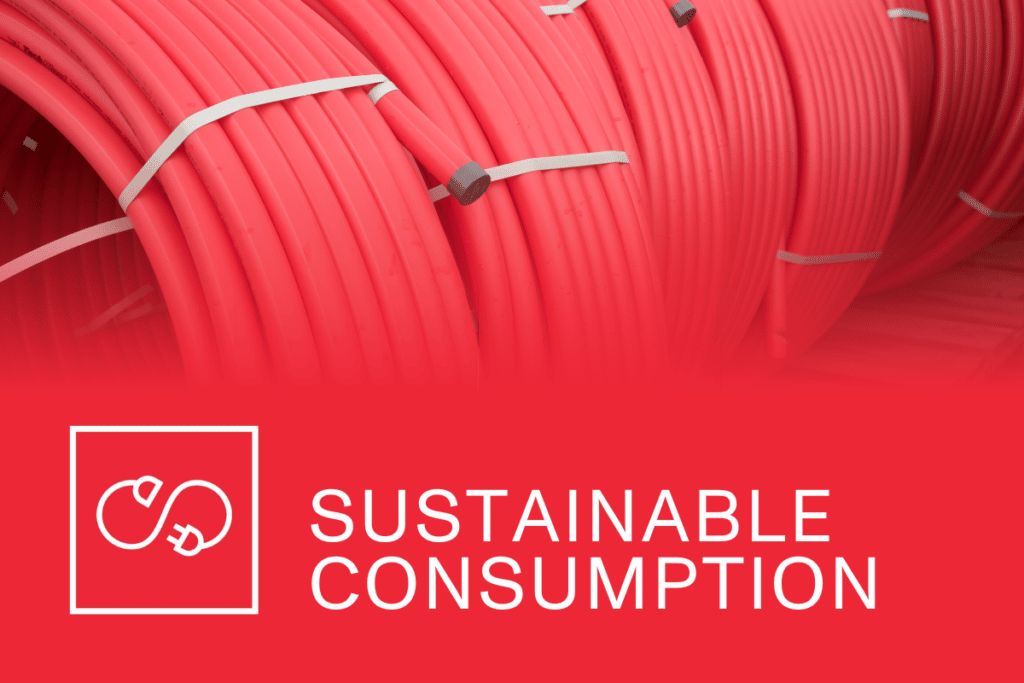
Module 6
Sustainable Consumption
An effective communications strategy provides an important avenue to convey your sustainability commitments, galvanise action and provide tools for change, both internally and externally.




















